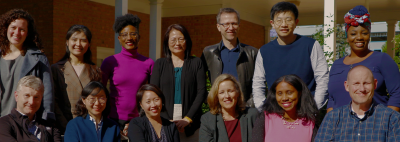

Department of Human Development and Quantitative Methodology (HDQM)
NSF QRM Scholars Program
Quantitative Research Methods for STEM Education Scholars Program

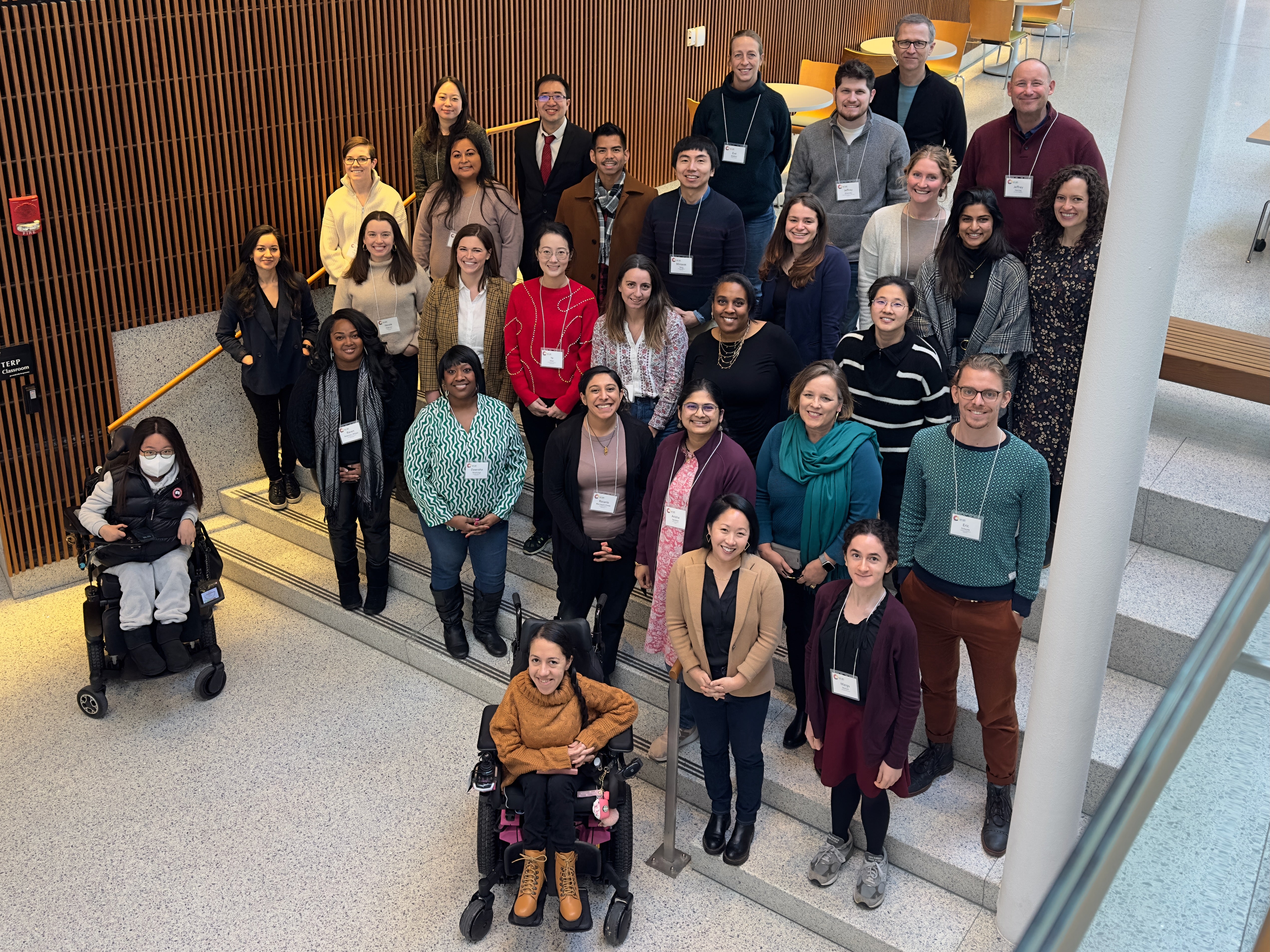
Welcome to the NSF-funded Quantitative Research Methods for STEM Education Scholars Program (NSF QRM Scholars Program)
The NSF QRM Scholars Program pairs early-career education researchers with quantitative mentors to help develop skills in design, measurement, and analysis. The program includes a year-long training that includes a 3-day virtual Fall Institute (Sept. 27, 28, & Oct. 4, 2024) and a 2-day in-person Winter Institute (Jan. 31 & Feb.1, 2025), on-going live-stream workshops, and one-on-one research support with the assigned quantitative mentor. The institute and the subsequent workshops will focus specifically on the data analysis skills, measurement issues, and design principles most applicable to STEM Education researchers. In addition, Scholars receive access to a state-of-the-art statistical computation and software server for the duration of their Scholar year.
Throughout the year, Scholars will design and implement a study of their choice with the support of their quantitative mentor and share their findings with their cohort.
Applications for the 2024-25 cohort are now closed!
See our application page for detailed instructions.
As part of the NSF QRM Scholars Program, you will
- Improve your capacity as an early career faculty or postdoctoral fellow to apply best-practices design, measurement, and data analysis strategies and techniques to your own research;
- Collaborate with a dedicated quantitative mentor throughout the program year;
- Strengthen your peer-support network by connecting with fellow Scholars during the virtual Training Institute, participating in social media conversations with other Scholars during the program year, and sharing your research with your cohort; and
- Gain the skills to work on multidisciplinary teams and develop professional relationships with quantitative methodologists to enhance the methodological rigor of your own research after the completion of the program year.
CONTACT US
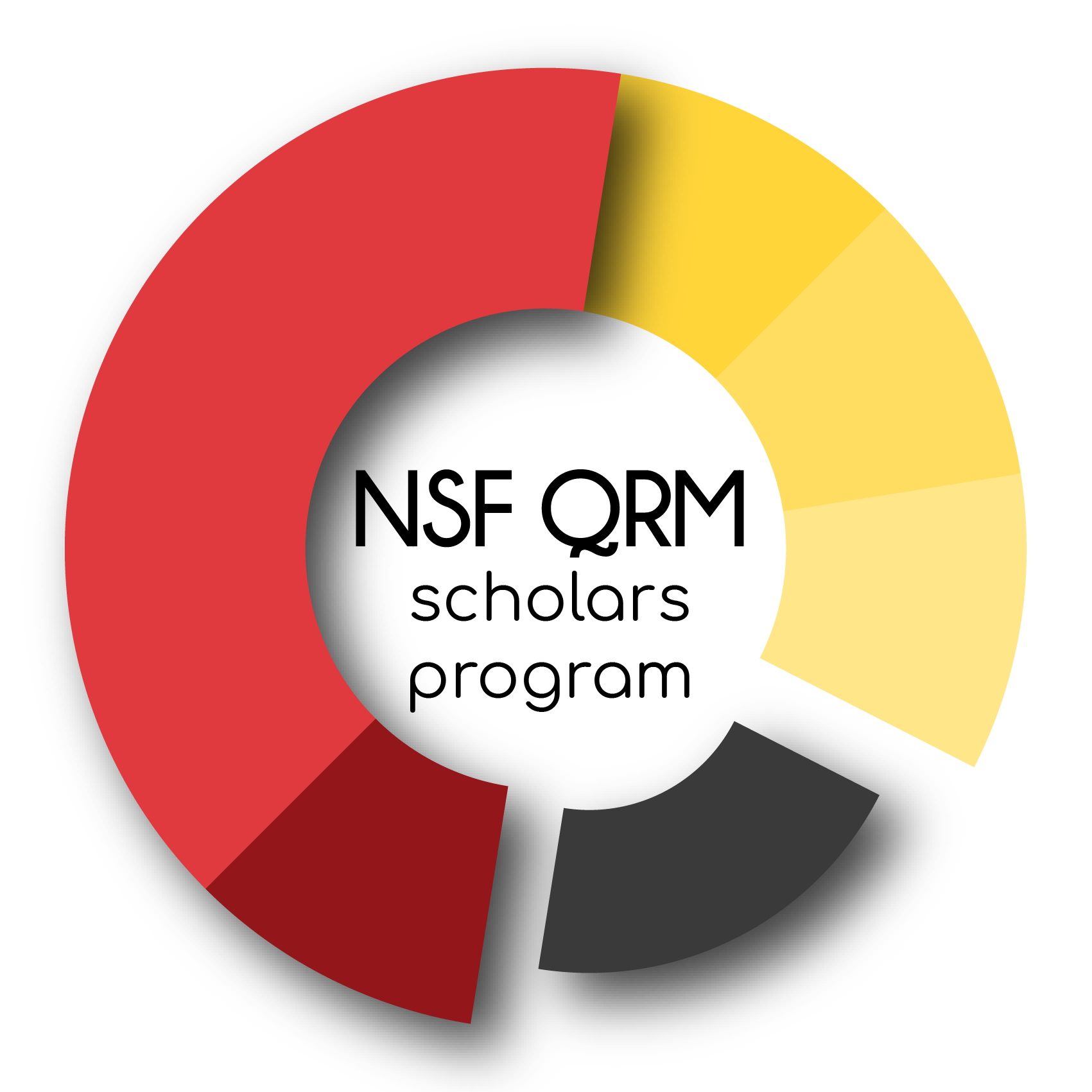
| 
| 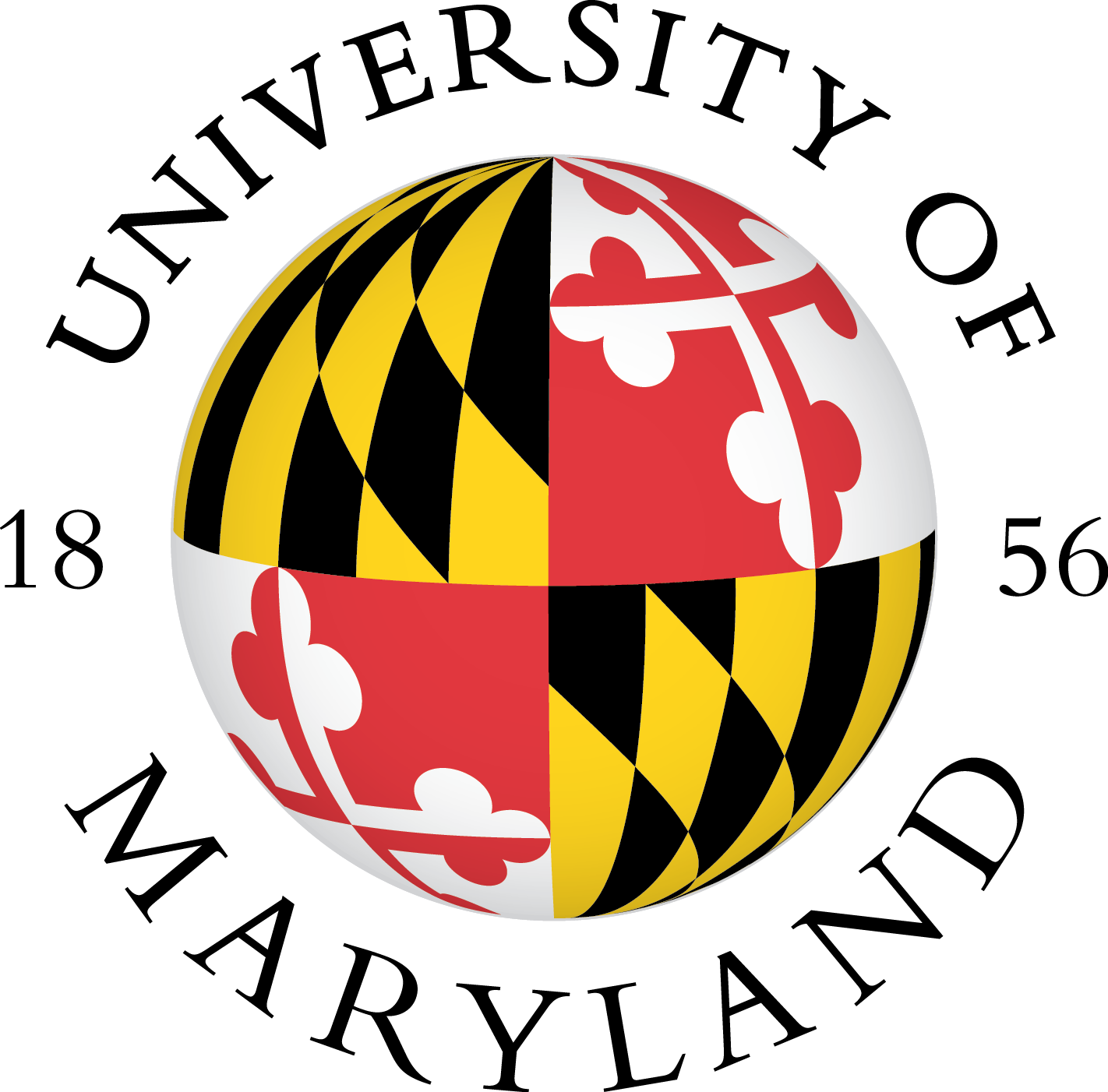
| |||||||||||||||||||||||||||||||||||||||||||||||||||||||||||||||||||||||||||||||||||||||||||||||||||||||||||||||||||||||||||||||||||||||||||||||||||||||||||||||||||||||||||||||||||||||||||||||||||||||||||||||||||||||||||||||||||||||||||||||||||||||||||||||||||||||||||||||||||||||||||||||||||||||||||||||||||||||||||||||||||||||||||||||||||||||||||||||||||||||||||||||||||||||||||||||||||||||||||||||||||||||||||||||||||||||||||||||||||||||||||||||||||||||||||||||||||||||||||||||||||||||||||||||||||||||||||||||||||||||||||||||||||||||||||||||||||||||||||||||||||||||||||||||||||||||||||||||||||||||||||||||||||||||||||||||||||||||||||||||||||||||||||||||||||||||||||||||||||||||||||||||||||||||||||||||||||||||||||||||||||||||||||||||||||||||||||||||||||||||||||||||||||||||||||||||||||||||||||||||||||||||||||||||||||||||||||||||||||||||||||||||||||||||||||||||||||||||||||||||||||||||||||||||||||||||||||||||||||||||||||||||||||||||||||||||||||||||||||||||||||||||||||||||||||||||||||||||||||||
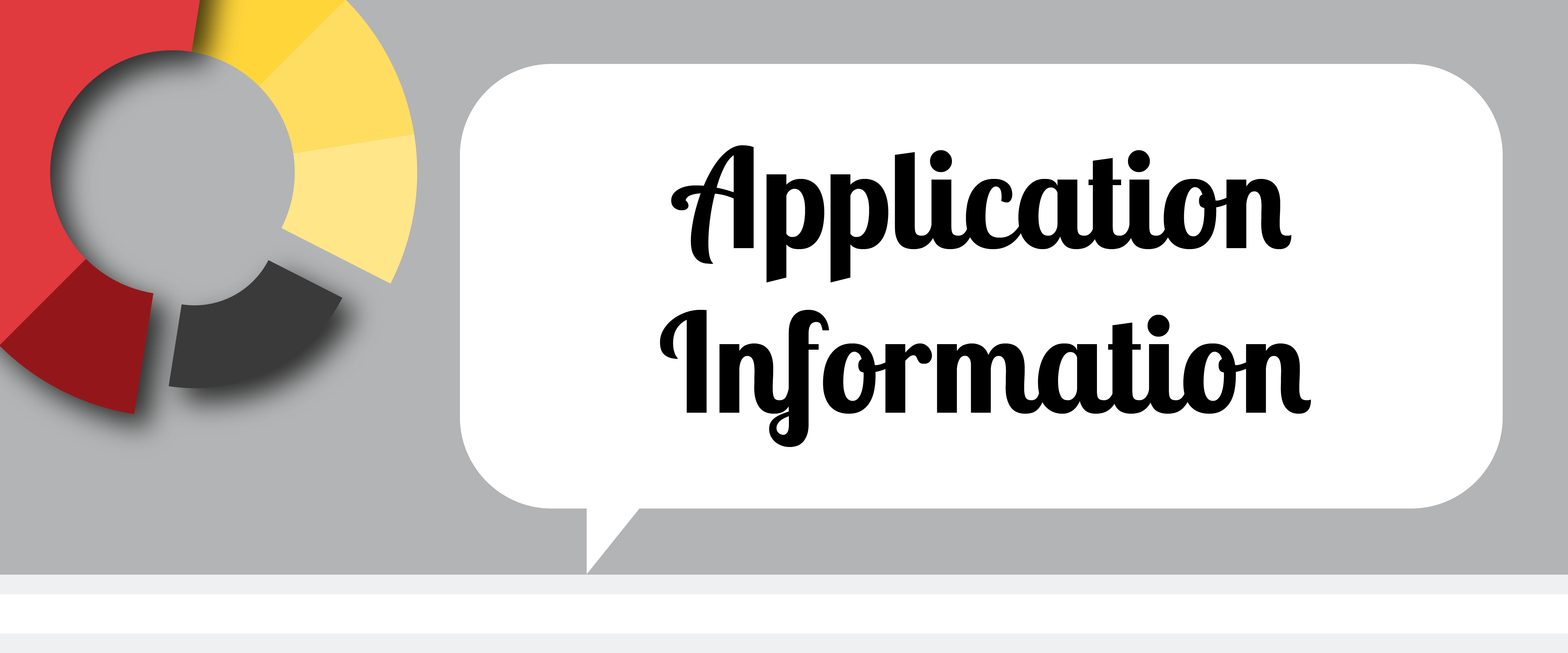
Applications for the 2024-25 cohort are now CLOSED!
- All applications must be submitted via the application portal.
- 2024 NSF QRM Scholars Program_Application Instructions.pdf
- NSF QRM Scholars Program_Accessing the Application Portal.pdf
- The application asks you to propose a research project to complete throughout the year via a 250-word maximum structured abstract. The proposed project can be the equivalent of conducting original research intended for publication; the preparation and submission of a proposal for a federal or foundation grant competition; or another similar project.
- For guidance on writing a structured abstract, see Mosteller, F., Nave, B., & Miech, E. (2004). Why We Need a Structured Abstract in Education Research. Educational Researcher, 33(1), 29-34. Retrieved January 13, 2021, from http://www.jstor.org/stable/3699842
Applying to the NSF QRM Scholars Program
The NSF QRM Scholars Program is an NSF-funded project aimed at building capacity in STEM Education research. The program admits 20 new Scholars each year and provides quantitative research training, workshops, mentorship, and opportunities for Scholars to share their work with a broader audience. Following a virtual Training Institute, Scholars will receive mentorship and training throughout the year, which they may complete while at their home institution.
To be eligible for the 2024-25 cohort of the NSF QRM Scholars Program, you must:
- be must be an early career scholar at a US institution and no more than 10 years from your degree; and
- have a research focus related to issues of access and equity of underrepresented populations in STEM within either PK-12 or postsecondary settings.
The NSF QRM Scholars Program is intended to be diverse, and we encourage submissions from applicants who identify with traditionally underrepresented groups or backgrounds.
If you are accepted and choose to join the 2024-25 NSF QRM Scholars Program, you will be required to engage in the following Program activities:
- Attend the 3-day VIRTUAL Fall Training Institute (Sept. 27, 28, & Oct. 4, 2024);
- Attend the 2-day IN-PERSON Winter Training Institute at University of Maryland, College Park (Jan. 31 & Feb. 1, 2025 -- note that funds will be provided for travel to the University);
- Participate in at least 8 virtual live-stream or asynchronous workshops throughout the year (dates TBD; workshops range from 1-3 days);
- Attend regular virtual check-ins with your Methods Mentor Team;
- Participate in ongoing peer discussions via the moderated social media group;
- Dedicate sufficient “on-your-own” time to make satisfactory progress on your identified Scholar project throughout the year; and,
- Upon successful completion of the Program, serve as a peer mentor to fellow Scholars.
Please see our FAQ for any additional details regarding the above activities.

| 
| 
| |||||||||||||||||||||||||||||||||||||||||||||||||||||||||||||||||||||||||||||||||||||||||||||||||||||||||||||||||||||||||||||||||||||||||||||||||||||||||||||||||||||||||||||||||||||||||||||||||||||||||||||||||||||||||||||||||||||||||||||||||||||||||||||||||||||||||||||||||||||||||||||||||||||||||||||||||||||||||||||||||||||||||||||||||||||||||||||||||||||||||||||||||||||||||||||||||||||||||||||||||||||||||||||||||||||||||||||||||||||||||||||||||||||||||||||||||||||||||||||||||||||||||||||||||||||||||||||||||||||||||||||||||||||||||||||||||||||||||||||||||||||||||||||||||||||||||||||||||||||||||||||||||||||||||||||||||||||||||||||||||||||||||||||||||||||||||||||||||||||||||||||||||||||||||||||||||||||||||||||||||||||||||||||||||||||||||||||||||||||||||||||||||||||||||||||||||||||||||||||||||||||||||||||||||||||||||||||||||||||||||||||||||||||||||||||||||||||||||||||||||||||||||||||||||||||||||||||||||||||||||||||||||||||||||||||||||||||||||||||||||||||||||||||||||||||||||||||||||||||
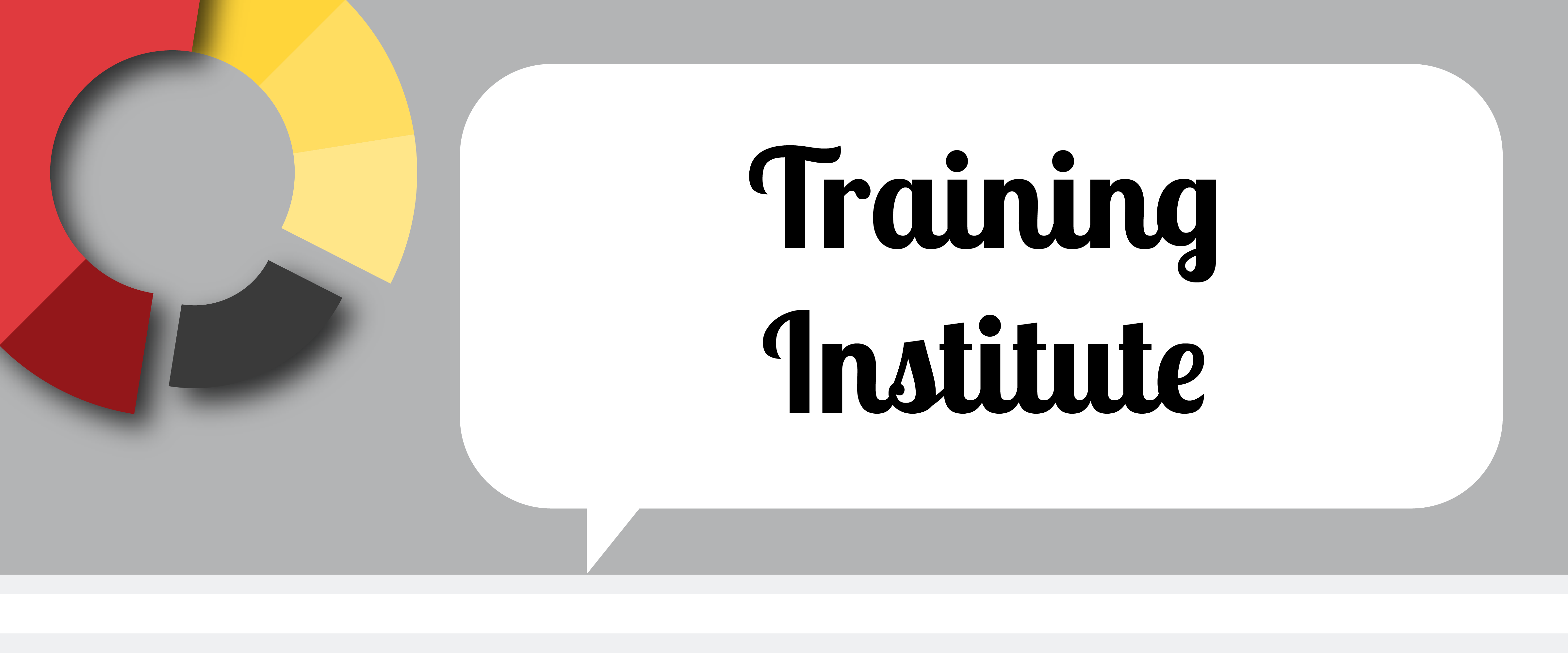
TRAINING INSTITUTE
The NSF QRM Scholars Program offers a year-long training starting with intensive Training Institutes on fundamental quantitative methodology, including research design, measurement, analysis, and collaboration.
Scholars will also participate in ongoing live-stream or asynchronous workshops and will have access to quantitative expertise through regular interaction with an assigned methods mentor team. The institutes and workshops will focus specifically on the data analysis skills, measurement issues, and design principles most applicable to STEM education researchers.
An example of the topics and activities we will engage in during the training institutes is provided below. Detailed information about the training institute schedule will be provided to accepted Scholars.
| EXAMPLE OF TOPICS/ACTIVITIES |
|---|
Introductions & Networking: Scholars, Mentors, and Facilitators Keynote: Speaker TBA. |
| Quantitative Research Design: Threats to validity; Types of experimental and non-experimental Design; Practical experimental designs in education; Aligning design to the research questions |
Measurement, Reliability, & Validity: What is measurement; Why its quality is important; Aspects of construct validity; Evidence of the quality of various aspects of validity Selection of Measures: Instrument repositories; Use of extant data; Test bias; Invariance of measurement over time |
| Instrument Construction: Cognitive and non-cognitive measurement approaches; Steps of measure development |
| Measure Validation: Cognitive process model of responding; Use of cognitive interviewing for validation |
| Discussion on Mentoring: How to Work with Your Mentor |
Hands-On Item Analysis for Validation: Inter-item correlation; Factor analysis for scale construction; Differential item functioning Writing Session: Refine your research proposal & develop individual learning plan |
| Nested Data & Multilevel Modeling: Intraclass correlation; Analytic strategies to address nesting; Matching research question to analysis |
| Group Comparisons: Power; Treatment Effects; Moderation; Confounders/Covariates |
| Longitudinal Designs & Data Analysis: Benefits/affordances of longitudinal designs; Individual change and differences in rates of change |
| Meet the NSF Program Officer: Funding Mechanisms & NSF Agency Priorities with Dr. Robert Ochsendorf, Program Director, National Science Foundation |
| Wrapping it Up: Scholar networking; Building your (online) community; Small group meetings with mentor(s) and review individual learning plans |

| 
| 
| |||||||||||||||||||||||||||||||||||||||||||||||||||||||||||||||||||||||||||||||||||||||||||||||||||||||||||||||||||||||||||||||||||||||||||||||||||||||||||||||||||||||||||||||||||||||||||||||||||||||||||||||||||||||||||||||||||||||||||||||||||||||||||||||||||||||||||||||||||||||||||||||||||||||||||||||||||||||||||||||||||||||||||||||||||||||||||||||||||||||||||||||||||||||||||||||||||||||||||||||||||||||||||||||||||||||||||||||||||||||||||||||||||||||||||||||||||||||||||||||||||||||||||||||||||||||||||||||||||||||||||||||||||||||||||||||||||||||||||||||||||||||||||||||||||||||||||||||||||||||||||||||||||||||||||||||||||||||||||||||||||||||||||||||||||||||||||||||||||||||||||||||||||||||||||||||||||||||||||||||||||||||||||||||||||||||||||||||||||||||||||||||||||||||||||||||||||||||||||||||||||||||||||||||||||||||||||||||||||||||||||||||||||||||||||||||||||||||||||||||||||||||||||||||||||||||||||||||||||||||||||||||||||||||||||||||||||||||||||||||||||||||||||||||||||||||||||||||||||||

PROGRAM TEAM
The NSF QRM Scholars Program brings together quantitative methodologists, experts in STEM Education research, and graduate student liaisons to guide Scholars through the process of developing and implementing their research proposals. Scholars will be paired with one of our methodology experts, who will also lead workshops during the virtual Training Institute and throughout the year. Graduate student liaisons will work with Scholars to ensure that they have the assistance they need, and our STEM education experts will conduct monthly check-ins with Scholars to assess progress and provide additional support.
Meet our Team:
Program Directors
Laura M. Stapleton 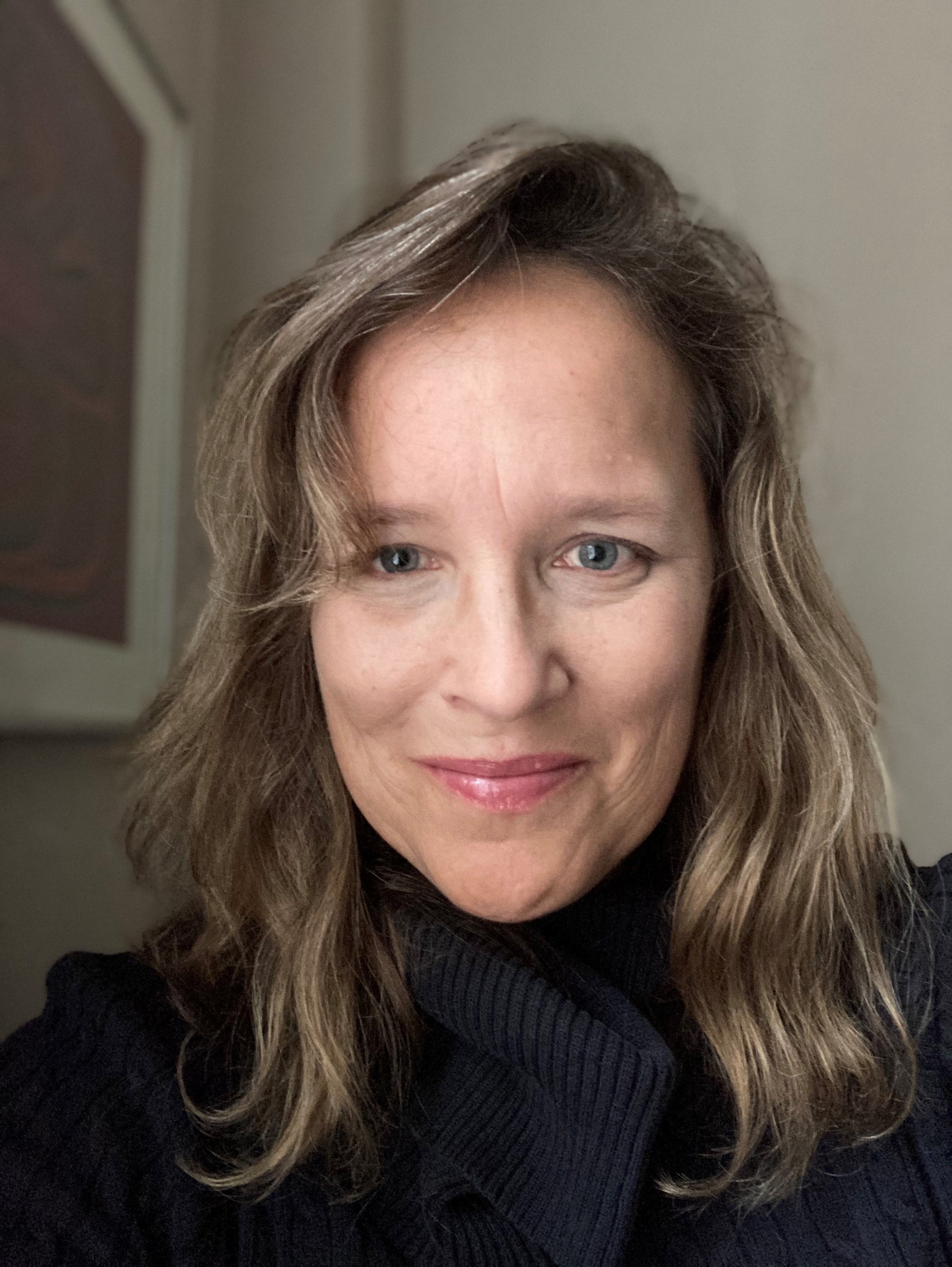
| Laura M. Stapleton is chair of the Department of Human Development and Quantitative Methodology and a professor of Measurement, Statistics and Evaluation. She previously served as the interim dean of the College of Education and Associate Dean for Research, Innovation, and Partnerships. She is the Director of the NSF-funded Quantitative Research Methods Scholars Program, which trains 20 early career scholars who focus on STEM education equity and access. She currently serves as Associate Editor of AERA Open and each year teaches as part of the faculty of the National Center for Education Research funded Summer Research Training Institute on Cluster Randomized Trials at Northwestern University. She joined the faculty of the college in Fall 2011 after being on the faculty in Psychology at the University of Maryland, Baltimore County and in Educational Psychology at the University of Texas, Austin. She served as the Associate Director of the Research Branch of the Maryland State Longitudinal Data System Center from 2013-2018. Prior to earning her Ph.D. in Measurement, Statistics and Evaluation, she was an economist at the Bureau of Labor Statistics and, subsequently, conducted educational research at the American Association of State Colleges and Universities and as Associate Director of institutional research at the University of Maryland. | ||||||||||||||||||||||||||||||||||||||||||||||||||||||||||||||||||||||||||||||||||||||||||||||||||||||||||||||||||||||||||||||||||||||||||||||||||||||||||||||||||||||||||||||||||||||||||||||||||||||||||||||||||||||||||||||||||||||||||||||||||||||||||||||||||||||||||||||||||||||||||||||||||||||||||||||||||||||||||||||||||||||||||||||||||||||||||||||||||||||||||||||||||||||||||||||||||||||||||||||||||||||||||||||||||||||||||||||||||||||||||||||||||||||||||||||||||||||||||||||||||||||||||||||||||||||||||||||||||||||||||||||||||||||||||||||||||||||||||||||||||||||||||||||||||||||||||||||||||||||||||||||||||||||||||||||||||||||||||||||||||||||||||||||||||||||||||||||||||||||||||||||||||||||||||||||||||||||||||||||||||||||||||||||||||||||||||||||||||||||||||||||||||||||||||||||||||||||||||||||||||||||||||||||||||||||||||||||||||||||||||||||||||||||||||||||||||||||||||||||||||||||||||||||||||||||||||||||||||||||||||||||||||||||||||||||||||||||||||||||||||||||||||||||||||||||||||||||||||||||
Gregory R. Hancock 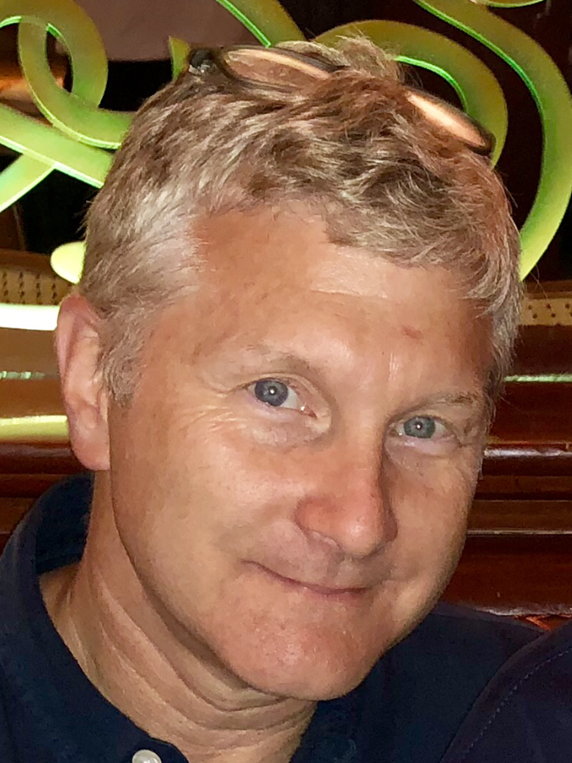
| Gregory R. Hancock is Professor, Distinguished Scholar-Teacher, and Director of the Measurement, Statistics and Evaluation program in the Department of Human Development and Quantitative Methodology at the University of Maryland, College Park, and Director of the Center for Integrated Latent Variable Research (CILVR). His research interests include structural equation modeling and latent growth models, and the use of latent variables in (quasi)experimental design. His research has appeared in such journals as Psychometrika, Multivariate Behavioral Research, Structural Equation Modeling: A Multidisciplinary Journal, Psychological Bulletin, Psychological Methods, British Journal of Mathematical and Statistical Psychology, Journal of Educational and Behavioral Statistics, Educational and Psychological Measurement, Review of Educational Research, and Communications in Statistics: Simulation and Computation. He also co-edited the volumes Structural Equation Modeling: A Second Course (2006; 2013), The Reviewer's Guide to Quantitative Methods in the Social Sciences (2010; 2019), Advances in Latent Variable Mixture Models (2008), Advances in Longitudinal Methods in the Social and Behavioral Sciences (2012), and Advances in Latent Class Analysis: A Festschrift for C. Mitchell Dayton (2019). He is past chair of the SEM special interest group of the American Educational Research Association (three terms), serves on the editorial board of a number of journals including Psychological Methods, Structural Equation Modeling: A Multidisciplinary Journal, and Multivariate Behavioral Research, chairs the Statistical and Research Methodology grant panel of the Institute of Education Sciences, and has taught over 100 methodological workshops in the United States, Canada, and abroad. He is a Fellow of the American Educational Research Association, the American Psychological Association, and the Association for Psychological Science, and received the 2011 Jacob Cohen Award for Distinguished Contributions to Teaching and Mentoring by the American Psychological Association. | ||||||||||||||||||||||||||||||||||||||||||||||||||||||||||||||||||||||||||||||||||||||||||||||||||||||||||||||||||||||||||||||||||||||||||||||||||||||||||||||||||||||||||||||||||||||||||||||||||||||||||||||||||||||||||||||||||||||||||||||||||||||||||||||||||||||||||||||||||||||||||||||||||||||||||||||||||||||||||||||||||||||||||||||||||||||||||||||||||||||||||||||||||||||||||||||||||||||||||||||||||||||||||||||||||||||||||||||||||||||||||||||||||||||||||||||||||||||||||||||||||||||||||||||||||||||||||||||||||||||||||||||||||||||||||||||||||||||||||||||||||||||||||||||||||||||||||||||||||||||||||||||||||||||||||||||||||||||||||||||||||||||||||||||||||||||||||||||||||||||||||||||||||||||||||||||||||||||||||||||||||||||||||||||||||||||||||||||||||||||||||||||||||||||||||||||||||||||||||||||||||||||||||||||||||||||||||||||||||||||||||||||||||||||||||||||||||||||||||||||||||||||||||||||||||||||||||||||||||||||||||||||||||||||||||||||||||||||||||||||||||||||||||||||||||||||||||||||||||||||
Tracy M. Sweet 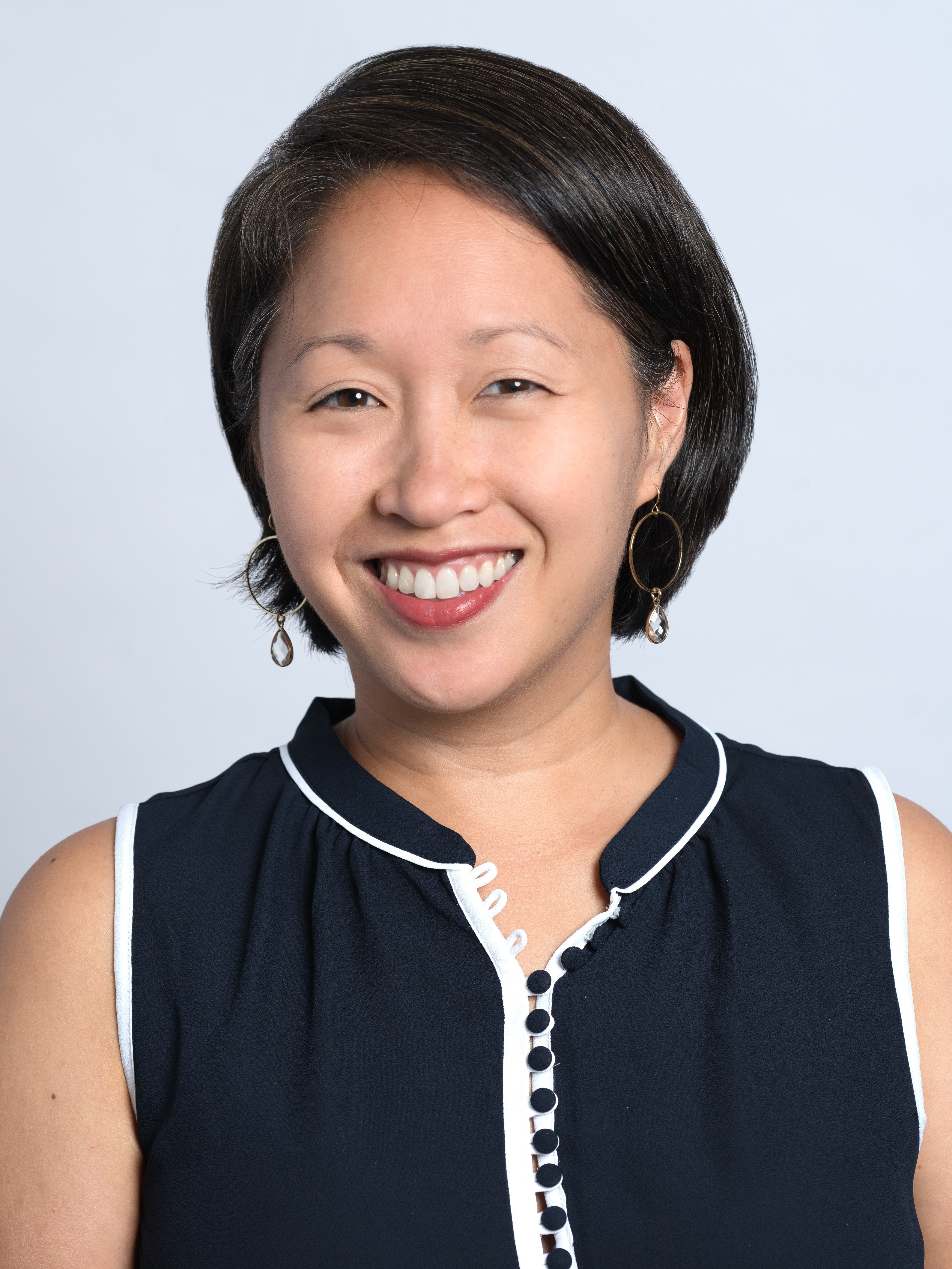
| Tracy Sweet is an Associate Professor in the Measurement, Statistics and Evaluation program in the Department of Human Development and Quantitative Methodology. She completed her Ph.D. in Statistics at Carnegie Mellon University. Her research focuses on statistical social network models with particular focus on the types of multilevel network models needed for education data. Her recent work on network models includes modeling networks as mediators and cluster analysis on networks. Her research also includes data science methods; a recent project focuses on how data science methods such as machine learning algorithms should be applied to multilevel data. | ||||||||||||||||||||||||||||||||||||||||||||||||||||||||||||||||||||||||||||||||||||||||||||||||||||||||||||||||||||||||||||||||||||||||||||||||||||||||||||||||||||||||||||||||||||||||||||||||||||||||||||||||||||||||||||||||||||||||||||||||||||||||||||||||||||||||||||||||||||||||||||||||||||||||||||||||||||||||||||||||||||||||||||||||||||||||||||||||||||||||||||||||||||||||||||||||||||||||||||||||||||||||||||||||||||||||||||||||||||||||||||||||||||||||||||||||||||||||||||||||||||||||||||||||||||||||||||||||||||||||||||||||||||||||||||||||||||||||||||||||||||||||||||||||||||||||||||||||||||||||||||||||||||||||||||||||||||||||||||||||||||||||||||||||||||||||||||||||||||||||||||||||||||||||||||||||||||||||||||||||||||||||||||||||||||||||||||||||||||||||||||||||||||||||||||||||||||||||||||||||||||||||||||||||||||||||||||||||||||||||||||||||||||||||||||||||||||||||||||||||||||||||||||||||||||||||||||||||||||||||||||||||||||||||||||||||||||||||||||||||||||||||||||||||||||||||||||||||||||||
Methodology & STEM Education Experts
Kimberly Griffin 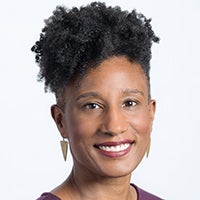
| Dr. Kimberly Griffin is Dean of the College of Education and a Professor in the Higher Education, Student Affairs, and International Education Policy Program (Student Affairs Area of Specialization). She also serves as the editor of the Journal of Diversity in Higher Education. Dr. Griffin earned her doctoral degree in Higher Education and Organizational Change from UCLA, her Master's degree in Education Policy and Leadership at the University of Maryland, and her Bachelors degree from Stanford University in Psychology. Prior to completing her doctoral work, Dr. Griffin worked in higher education administration, primarily focusing in the areas of diversity recruitment, admissions, and retention in undergraduate and graduate education. | ||||||||||||||||||||||||||||||||||||||||||||||||||||||||||||||||||||||||||||||||||||||||||||||||||||||||||||||||||||||||||||||||||||||||||||||||||||||||||||||||||||||||||||||||||||||||||||||||||||||||||||||||||||||||||||||||||||||||||||||||||||||||||||||||||||||||||||||||||||||||||||||||||||||||||||||||||||||||||||||||||||||||||||||||||||||||||||||||||||||||||||||||||||||||||||||||||||||||||||||||||||||||||||||||||||||||||||||||||||||||||||||||||||||||||||||||||||||||||||||||||||||||||||||||||||||||||||||||||||||||||||||||||||||||||||||||||||||||||||||||||||||||||||||||||||||||||||||||||||||||||||||||||||||||||||||||||||||||||||||||||||||||||||||||||||||||||||||||||||||||||||||||||||||||||||||||||||||||||||||||||||||||||||||||||||||||||||||||||||||||||||||||||||||||||||||||||||||||||||||||||||||||||||||||||||||||||||||||||||||||||||||||||||||||||||||||||||||||||||||||||||||||||||||||||||||||||||||||||||||||||||||||||||||||||||||||||||||||||||||||||||||||||||||||||||||||||||||||||||||
Yi Feng 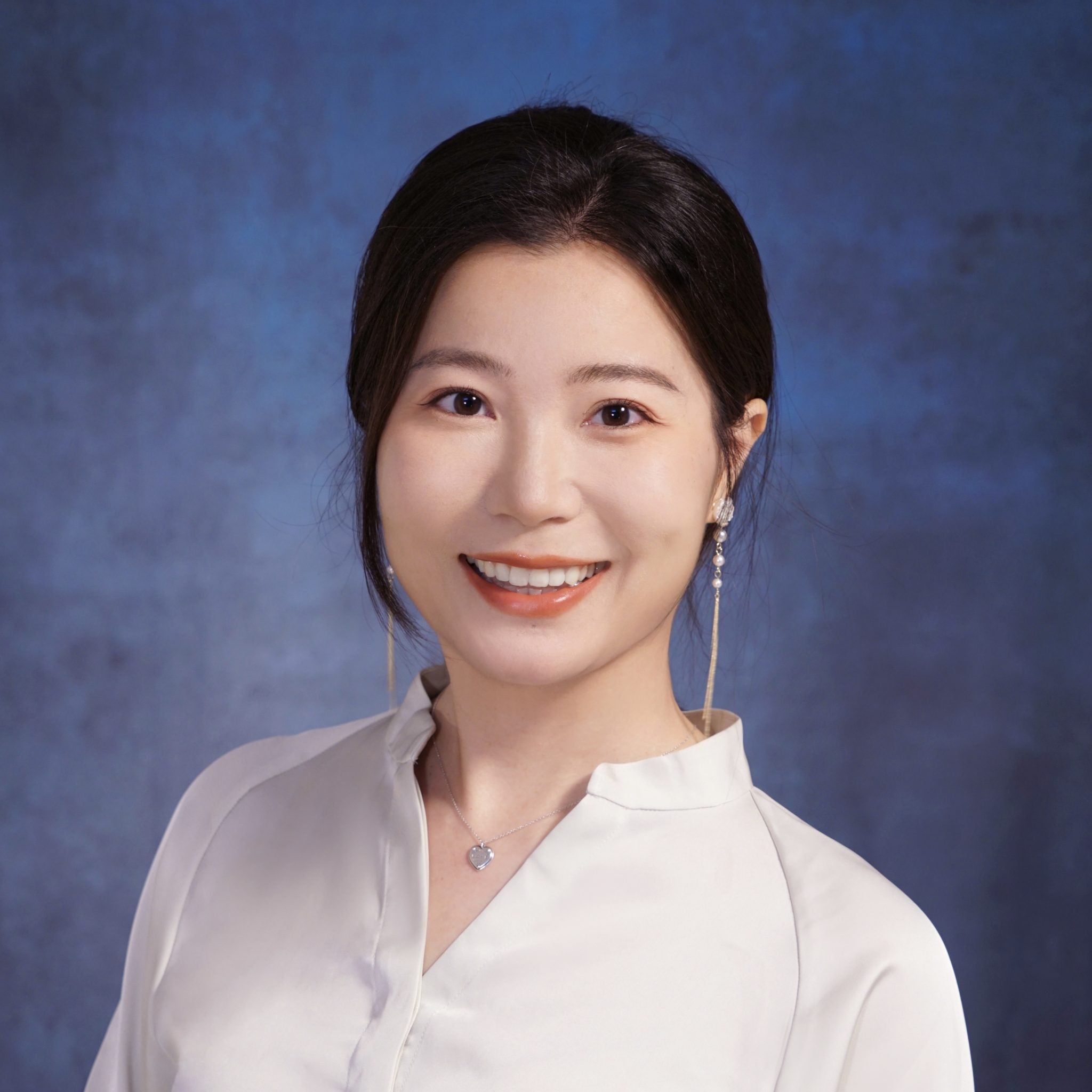
| Hi there! My name is Yi Feng–but please feel free to just call me Yi! I am currently an Assistant Professor in Quantitative Psychology at University of California, Los Angeles (UCLA). My work primarily focuses on advanced quantitative methods and their application in psychology and education research. I have specific research interests in structural equation modeling (SEM), latent growth models, random variability modeling, power analysis/sample size determination, and causal graphical models. I currently teach a graduate-level course on structural equation modeling (Psych M257) during the winter quarter and an undergraduate introduction to statistics (Psych 100A) in the spring quarter. | ||||||||||||||||||||||||||||||||||||||||||||||||||||||||||||||||||||||||||||||||||||||||||||||||||||||||||||||||||||||||||||||||||||||||||||||||||||||||||||||||||||||||||||||||||||||||||||||||||||||||||||||||||||||||||||||||||||||||||||||||||||||||||||||||||||||||||||||||||||||||||||||||||||||||||||||||||||||||||||||||||||||||||||||||||||||||||||||||||||||||||||||||||||||||||||||||||||||||||||||||||||||||||||||||||||||||||||||||||||||||||||||||||||||||||||||||||||||||||||||||||||||||||||||||||||||||||||||||||||||||||||||||||||||||||||||||||||||||||||||||||||||||||||||||||||||||||||||||||||||||||||||||||||||||||||||||||||||||||||||||||||||||||||||||||||||||||||||||||||||||||||||||||||||||||||||||||||||||||||||||||||||||||||||||||||||||||||||||||||||||||||||||||||||||||||||||||||||||||||||||||||||||||||||||||||||||||||||||||||||||||||||||||||||||||||||||||||||||||||||||||||||||||||||||||||||||||||||||||||||||||||||||||||||||||||||||||||||||||||||||||||||||||||||||||||||||||||||||||||||
Peter M. Steiner 
| Peter M Steiner is a Professor in the Measurement, Statistics, and Evaluation (EDMS) program in the Department of Human Development and Quantitative Methodology at the University of Maryland. Prior to joining the EDMS faculty in fall of 2019, he was a faculty member of the Department of Educational Psychology at the University of Wisconsin-Madison (2010-2019), a research associate at the Institute for Policy Research at Northwestern University (2007-2010), and a researcher and Assistant Professor at the Institute for Advanced Studies in Vienna, Austria (1997-2007). Peter M Steiner received a master’s and doctorate degree in Statistics from the University of Vienna and a master’s degree in Economics from the Vienna University of Economics and Business Administration. His research on causal inference, replication, and factorial surveys has appeared in such journals as Psychological Methods, Multivariate Behavioral Research, Journal of Educational and Behavioral Statistics, Evaluation Review, Sociological Methods & Research, Journal of Causal Inference, or the Journal of the American Statistical Association. In 2019, he received the Causality in Statistics Education Award of the American Statistical Association. | ||||||||||||||||||||||||||||||||||||||||||||||||||||||||||||||||||||||||||||||||||||||||||||||||||||||||||||||||||||||||||||||||||||||||||||||||||||||||||||||||||||||||||||||||||||||||||||||||||||||||||||||||||||||||||||||||||||||||||||||||||||||||||||||||||||||||||||||||||||||||||||||||||||||||||||||||||||||||||||||||||||||||||||||||||||||||||||||||||||||||||||||||||||||||||||||||||||||||||||||||||||||||||||||||||||||||||||||||||||||||||||||||||||||||||||||||||||||||||||||||||||||||||||||||||||||||||||||||||||||||||||||||||||||||||||||||||||||||||||||||||||||||||||||||||||||||||||||||||||||||||||||||||||||||||||||||||||||||||||||||||||||||||||||||||||||||||||||||||||||||||||||||||||||||||||||||||||||||||||||||||||||||||||||||||||||||||||||||||||||||||||||||||||||||||||||||||||||||||||||||||||||||||||||||||||||||||||||||||||||||||||||||||||||||||||||||||||||||||||||||||||||||||||||||||||||||||||||||||||||||||||||||||||||||||||||||||||||||||||||||||||||||||||||||||||||||||||||||||||||
Shujin Zhong 
| Shujin Zhong is a Postdoctoral Associate in the Measurement, Statistics and Evaluation program in the Department of Human Development and Quantitative Methodology. Her work supports the NSF-funded Quantitative Research Methods Scholars Program. She received her Ph.D. from the Social Research Methodology program at the University of California, Los Angeles (UCLA). Methodologically, her research focuses on educational measurement, latent variable modeling, causal effects under selection on observables, social network analysis, and research design. She is also interested in the application of methods in the field of higher education and STEM education. | ||||||||||||||||||||||||||||||||||||||||||||||||||||||||||||||||||||||||||||||||||||||||||||||||||||||||||||||||||||||||||||||||||||||||||||||||||||||||||||||||||||||||||||||||||||||||||||||||||||||||||||||||||||||||||||||||||||||||||||||||||||||||||||||||||||||||||||||||||||||||||||||||||||||||||||||||||||||||||||||||||||||||||||||||||||||||||||||||||||||||||||||||||||||||||||||||||||||||||||||||||||||||||||||||||||||||||||||||||||||||||||||||||||||||||||||||||||||||||||||||||||||||||||||||||||||||||||||||||||||||||||||||||||||||||||||||||||||||||||||||||||||||||||||||||||||||||||||||||||||||||||||||||||||||||||||||||||||||||||||||||||||||||||||||||||||||||||||||||||||||||||||||||||||||||||||||||||||||||||||||||||||||||||||||||||||||||||||||||||||||||||||||||||||||||||||||||||||||||||||||||||||||||||||||||||||||||||||||||||||||||||||||||||||||||||||||||||||||||||||||||||||||||||||||||||||||||||||||||||||||||||||||||||||||||||||||||||||||||||||||||||||||||||||||||||||||||||||||||||||
Graduate Student Liaisons
Apoorva Verma 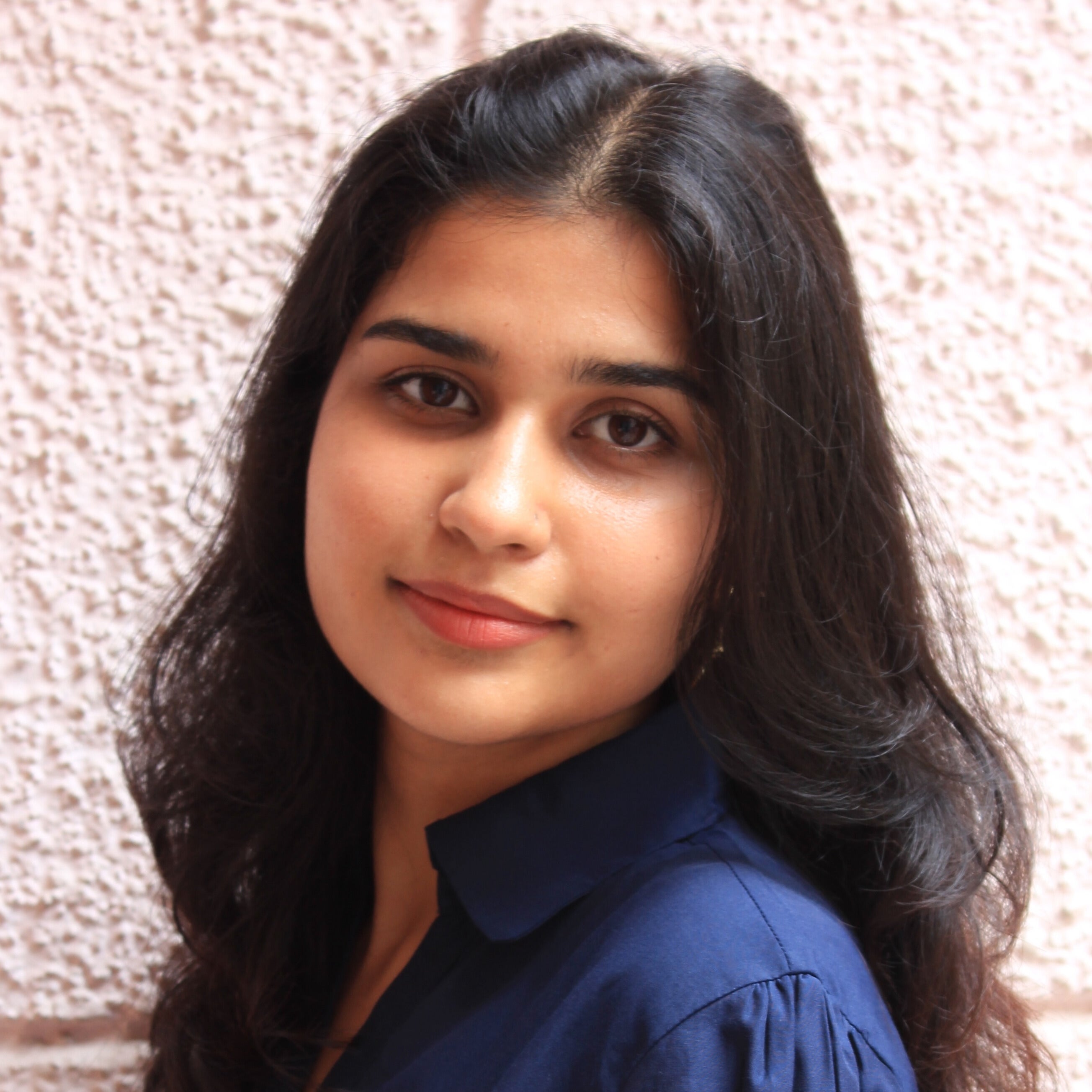
| Apoorva Verma is a 1st year master’s student in the Quantitative Methodology: Measurement & Statistics program at UMD. Her research interests include causal inference and social network analysis. | ||||||||||||||||||||||||||||||||||||||||||||||||||||||||||||||||||||||||||||||||||||||||||||||||||||||||||||||||||||||||||||||||||||||||||||||||||||||||||||||||||||||||||||||||||||||||||||||||||||||||||||||||||||||||||||||||||||||||||||||||||||||||||||||||||||||||||||||||||||||||||||||||||||||||||||||||||||||||||||||||||||||||||||||||||||||||||||||||||||||||||||||||||||||||||||||||||||||||||||||||||||||||||||||||||||||||||||||||||||||||||||||||||||||||||||||||||||||||||||||||||||||||||||||||||||||||||||||||||||||||||||||||||||||||||||||||||||||||||||||||||||||||||||||||||||||||||||||||||||||||||||||||||||||||||||||||||||||||||||||||||||||||||||||||||||||||||||||||||||||||||||||||||||||||||||||||||||||||||||||||||||||||||||||||||||||||||||||||||||||||||||||||||||||||||||||||||||||||||||||||||||||||||||||||||||||||||||||||||||||||||||||||||||||||||||||||||||||||||||||||||||||||||||||||||||||||||||||||||||||||||||||||||||||||||||||||||||||||||||||||||||||||||||||||||||||||||||||||||||||
Brennan Register 
| Brennan is a PhD candidate in the QMMS program at the University of Maryland. Her research focuses on applying machine learning algorithms to hierarchical datasets, with a particular interest in improving predictive modeling in education. | ||||||||||||||||||||||||||||||||||||||||||||||||||||||||||||||||||||||||||||||||||||||||||||||||||||||||||||||||||||||||||||||||||||||||||||||||||||||||||||||||||||||||||||||||||||||||||||||||||||||||||||||||||||||||||||||||||||||||||||||||||||||||||||||||||||||||||||||||||||||||||||||||||||||||||||||||||||||||||||||||||||||||||||||||||||||||||||||||||||||||||||||||||||||||||||||||||||||||||||||||||||||||||||||||||||||||||||||||||||||||||||||||||||||||||||||||||||||||||||||||||||||||||||||||||||||||||||||||||||||||||||||||||||||||||||||||||||||||||||||||||||||||||||||||||||||||||||||||||||||||||||||||||||||||||||||||||||||||||||||||||||||||||||||||||||||||||||||||||||||||||||||||||||||||||||||||||||||||||||||||||||||||||||||||||||||||||||||||||||||||||||||||||||||||||||||||||||||||||||||||||||||||||||||||||||||||||||||||||||||||||||||||||||||||||||||||||||||||||||||||||||||||||||||||||||||||||||||||||||||||||||||||||||||||||||||||||||||||||||||||||||||||||||||||||||||||||||||||||||||
Francesca Henderson
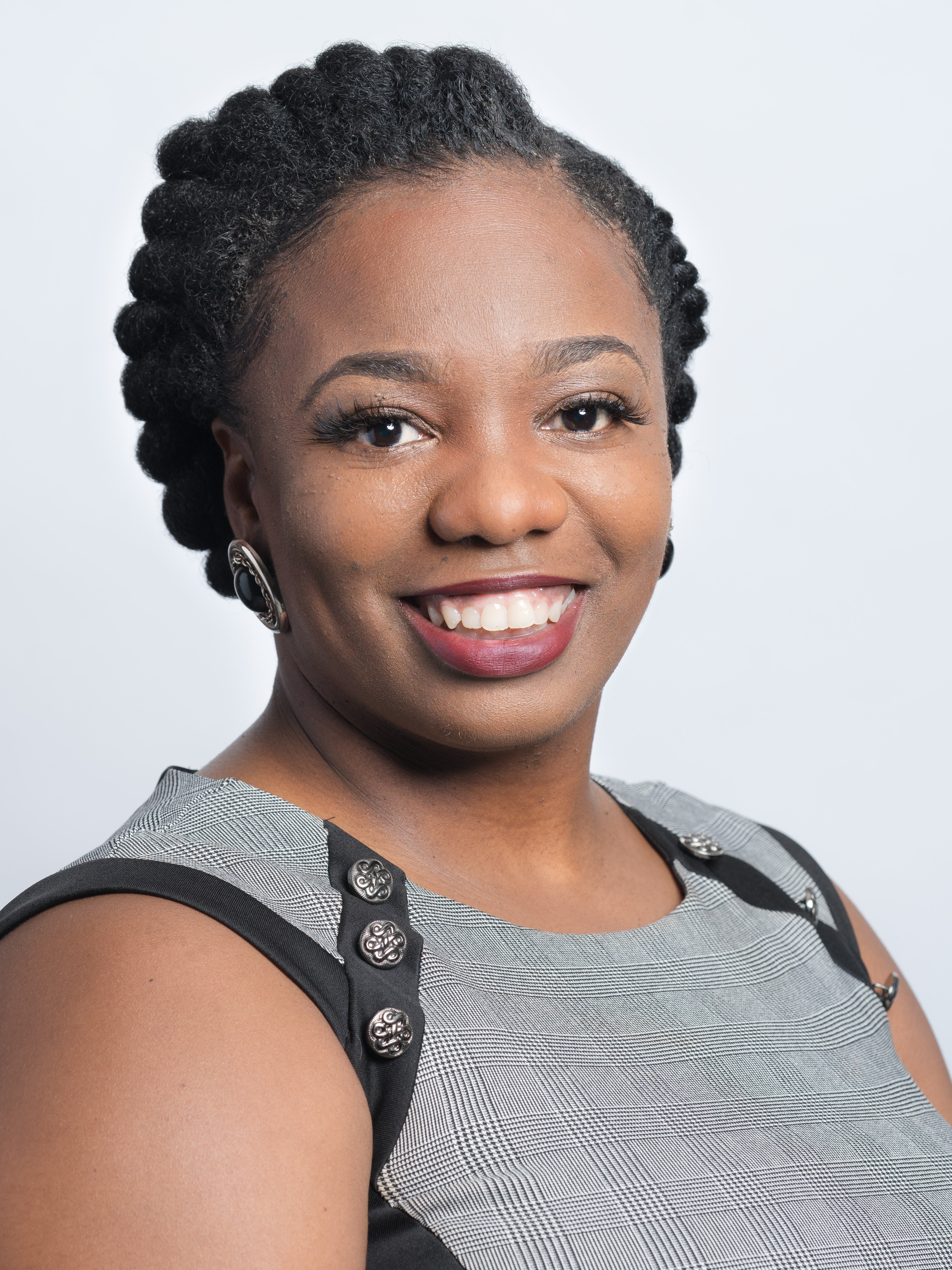
| Francesca Henderson is a Ph.D Candidate in the Math Education program at the University of Maryland College Park. Her research interests are connected to how students of color develop support seeking behaviors in predominantly white institutions. | ||||||||||||||||||||||||||||||||||||||||||||||||||||||||||||||||||||||||||||||||||||||||||||||||||||||||||||||||||||||||||||||||||||||||||||||||||||||||||||||||||||||||||||||||||||||||||||||||||||||||||||||||||||||||||||||||||||||||||||||||||||||||||||||||||||||||||||||||||||||||||||||||||||||||||||||||||||||||||||||||||||||||||||||||||||||||||||||||||||||||||||||||||||||||||||||||||||||||||||||||||||||||||||||||||||||||||||||||||||||||||||||||||||||||||||||||||||||||||||||||||||||||||||||||||||||||||||||||||||||||||||||||||||||||||||||||||||||||||||||||||||||||||||||||||||||||||||||||||||||||||||||||||||||||||||||||||||||||||||||||||||||||||||||||||||||||||||||||||||||||||||||||||||||||||||||||||||||||||||||||||||||||||||||||||||||||||||||||||||||||||||||||||||||||||||||||||||||||||||||||||||||||||||||||||||||||||||||||||||||||||||||||||||||||||||||||||||||||||||||||||||||||||||||||||||||||||||||||||||||||||||||||||||||||||||||||||||||||||||||||||||||||||||||||||||||||||||||||||||||
Ashani Jayasekera 
| Ashani Jayasekera is a third-year doctoral student in the Quantitative Methodology: Measurement and Statistics program at the University of Maryland College Park. She earned an MS in Measurement, Statistics & Evaluation from the University of Maryland College Park and a BS in Mathematics from the University of Maryland Baltimore County. Her research interests are in machine learning, natural language processing, the analysis of complex data structures, as well as multilevel modeling. | ||||||||||||||||||||||||||||||||||||||||||||||||||||||||||||||||||||||||||||||||||||||||||||||||||||||||||||||||||||||||||||||||||||||||||||||||||||||||||||||||||||||||||||||||||||||||||||||||||||||||||||||||||||||||||||||||||||||||||||||||||||||||||||||||||||||||||||||||||||||||||||||||||||||||||||||||||||||||||||||||||||||||||||||||||||||||||||||||||||||||||||||||||||||||||||||||||||||||||||||||||||||||||||||||||||||||||||||||||||||||||||||||||||||||||||||||||||||||||||||||||||||||||||||||||||||||||||||||||||||||||||||||||||||||||||||||||||||||||||||||||||||||||||||||||||||||||||||||||||||||||||||||||||||||||||||||||||||||||||||||||||||||||||||||||||||||||||||||||||||||||||||||||||||||||||||||||||||||||||||||||||||||||||||||||||||||||||||||||||||||||||||||||||||||||||||||||||||||||||||||||||||||||||||||||||||||||||||||||||||||||||||||||||||||||||||||||||||||||||||||||||||||||||||||||||||||||||||||||||||||||||||||||||||||||||||||||||||||||||||||||||||||||||||||||||||||||||||||||||||
Sydney Peters 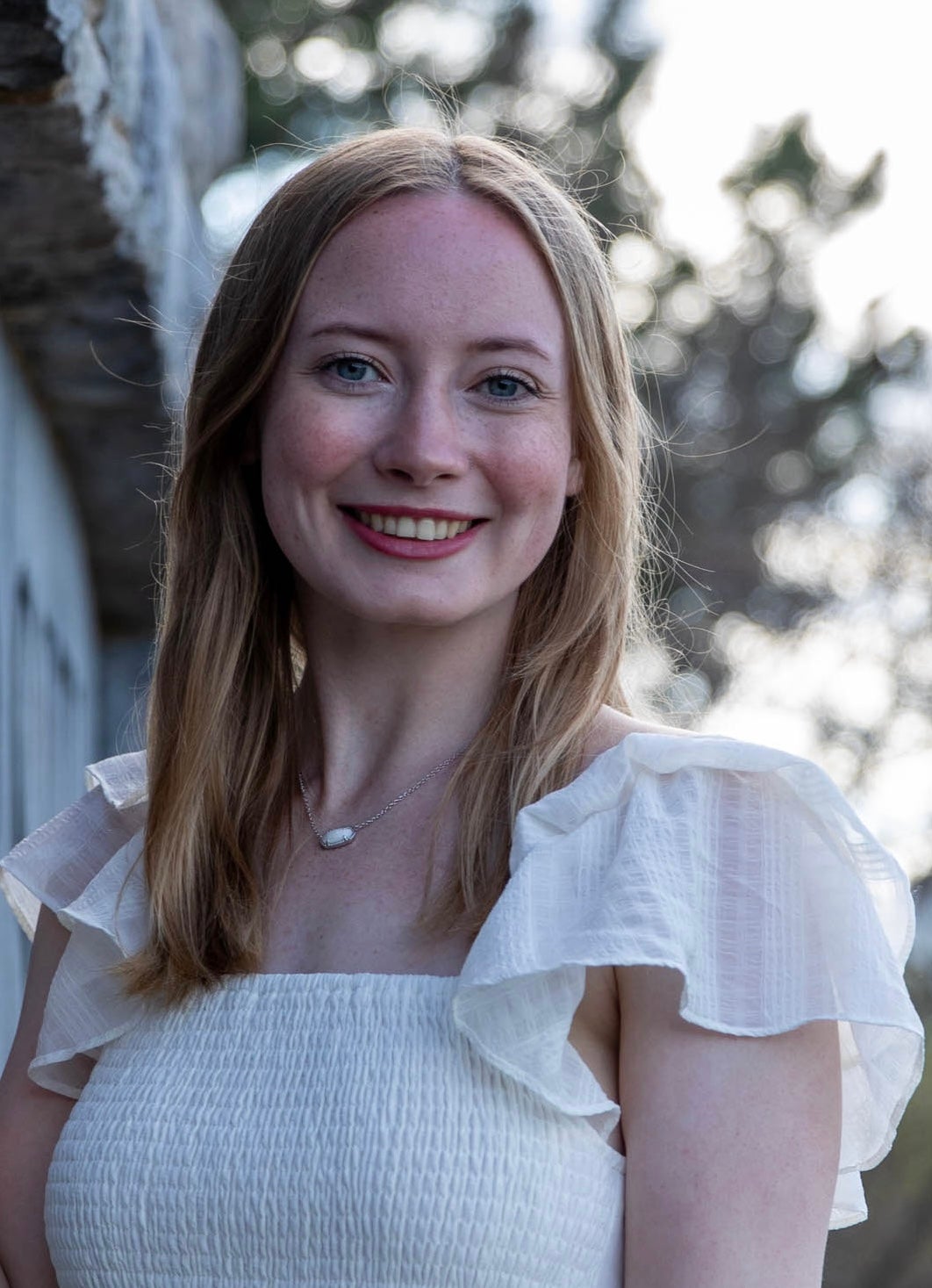
| Sydney Peters is a first year Master’s student in the Quantitative Methodology: Measurement and Statistics Program in the Department of Human Development and Quantitative Methodology. She recently graduated from Pennsylvania State University with a Bachelor’s degree in Psychology and a minor in Statistics. Her research interests include psychological and educational measurement, as well as how AI can be utilized to improve assessments. | ||||||||||||||||||||||||||||||||||||||||||||||||||||||||||||||||||||||||||||||||||||||||||||||||||||||||||||||||||||||||||||||||||||||||||||||||||||||||||||||||||||||||||||||||||||||||||||||||||||||||||||||||||||||||||||||||||||||||||||||||||||||||||||||||||||||||||||||||||||||||||||||||||||||||||||||||||||||||||||||||||||||||||||||||||||||||||||||||||||||||||||||||||||||||||||||||||||||||||||||||||||||||||||||||||||||||||||||||||||||||||||||||||||||||||||||||||||||||||||||||||||||||||||||||||||||||||||||||||||||||||||||||||||||||||||||||||||||||||||||||||||||||||||||||||||||||||||||||||||||||||||||||||||||||||||||||||||||||||||||||||||||||||||||||||||||||||||||||||||||||||||||||||||||||||||||||||||||||||||||||||||||||||||||||||||||||||||||||||||||||||||||||||||||||||||||||||||||||||||||||||||||||||||||||||||||||||||||||||||||||||||||||||||||||||||||||||||||||||||||||||||||||||||||||||||||||||||||||||||||||||||||||||||||||||||||||||||||||||||||||||||||||||||||||||||||||||||||||||||||

| 
| 
| |||||||||||||||||||||||||||||||||||||||||||||||||||||||||||||||||||||||||||||||||||||||||||||||||||||||||||||||||||||||||||||||||||||||||||||||||||||||||||||||||||||||||||||||||||||||||||||||||||||||||||||||||||||||||||||||||||||||||||||||||||||||||||||||||||||||||||||||||||||||||||||||||||||||||||||||||||||||||||||||||||||||||||||||||||||||||||||||||||||||||||||||||||||||||||||||||||||||||||||||||||||||||||||||||||||||||||||||||||||||||||||||||||||||||||||||||||||||||||||||||||||||||||||||||||||||||||||||||||||||||||||||||||||||||||||||||||||||||||||||||||||||||||||||||||||||||||||||||||||||||||||||||||||||||||||||||||||||||||||||||||||||||||||||||||||||||||||||||||||||||||||||||||||||||||||||||||||||||||||||||||||||||||||||||||||||||||||||||||||||||||||||||||||||||||||||||||||||||||||||||||||||||||||||||||||||||||||||||||||||||||||||||||||||||||||||||||||||||||||||||||||||||||||||||||||||||||||||||||||||||||||||||||||||||||||||||||||||||||||||||||||||||||||||||||||||||||||||||||||
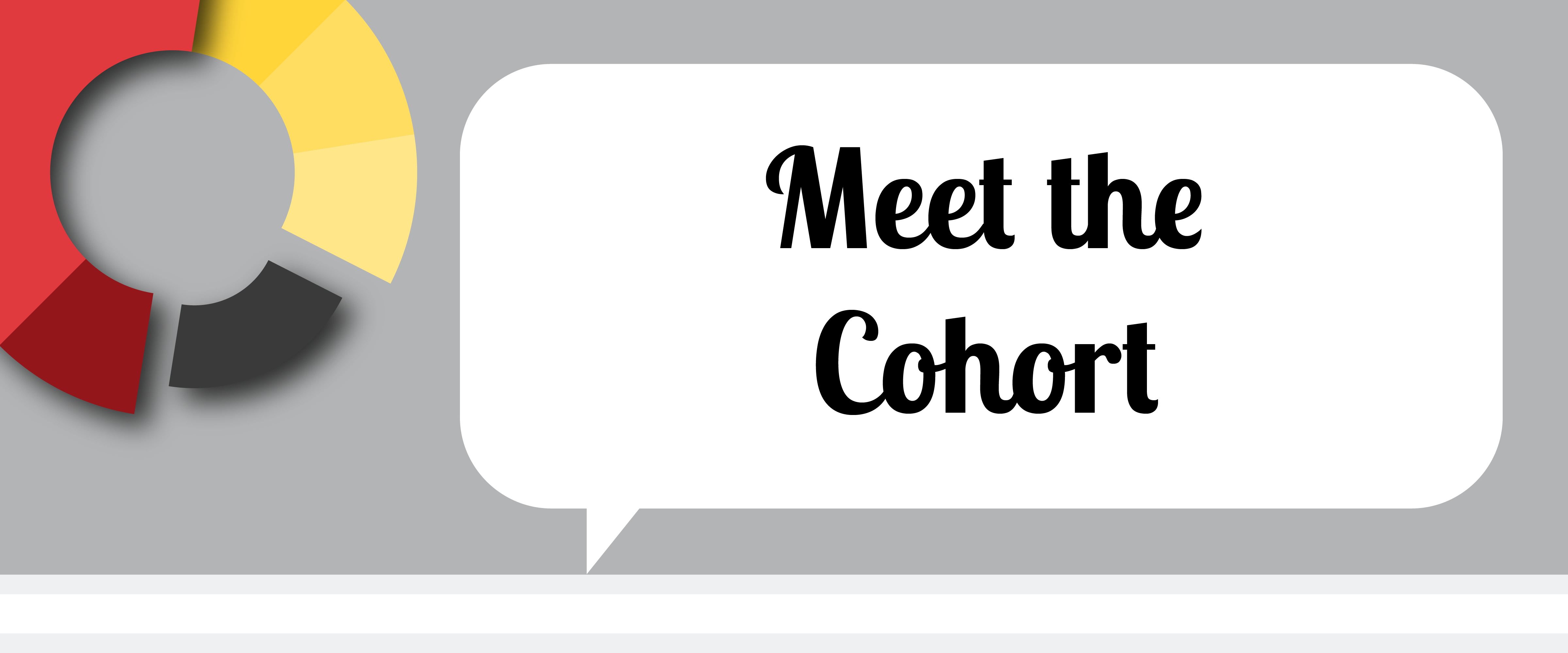
2024-25 COHORT
The 2024-25 Cohort of QRM Scholars pursue cutting-edge research from across the STEM Education field with a focus on equity and inclusion. Scholars are paired with mentors and receive quantitative training to guide them as they conduct high-quality research and prepare proposals for grant funding.
24-25 Scholar Profiles.pdf

| 
| 
| |||||||||||||||||||||||||||||||||||||||||||||||||||||||||||||||||||||||||||||||||||||||||||||||||||||||||||||||||||||||||||||||||||||||||||||||||||||||||||||||||||||||||||||||||||||||||||||||||||||||||||||||||||||||||||||||||||||||||||||||||||||||||||||||||||||||||||||||||||||||||||||||||||||||||||||||||||||||||||||||||||||||||||||||||||||||||||||||||||||||||||||||||||||||||||||||||||||||||||||||||||||||||||||||||||||||||||||||||||||||||||||||||||||||||||||||||||||||||||||||||||||||||||||||||||||||||||||||||||||||||||||||||||||||||||||||||||||||||||||||||||||||||||||||||||||||||||||||||||||||||||||||||||||||||||||||||||||||||||||||||||||||||||||||||||||||||||||||||||||||||||||||||||||||||||||||||||||||||||||||||||||||||||||||||||||||||||||||||||||||||||||||||||||||||||||||||||||||||||||||||||||||||||||||||||||||||||||||||||||||||||||||||||||||||||||||||||||||||||||||||||||||||||||||||||||||||||||||||||||||||||||||||||||||||||||||||||||||||||||||||||||||||||||||||||||||||||||||||||||

FAQ
We are excited to work with a new cohort for this year's NSF QRM Scholars Program. Below are answers to some of our most frequently asked questions. If the answer to your question is not provided below, please contact us at nsf-qrm-scholars@umd.edu.
Eligibility
Who is eligible to participate in the program?
To be eligible for the NSF QRM Scholars Program, you must be full-time faculty or a postdoctoral fellow at a U.S. academic institution within 10 years of earning a terminal degree and have a research focus related to issues of access and equity of underrepresented populations in STEM within either PK-12 or postsecondary settings. The NSF QRM Scholars Program is intended to be diverse, and we encourage submissions from applicants who identify with traditionally underrepresented groups/backgrounds.
How do you define "early career"?
Early career scholars who are full-time faculty or postdoctoral fellows at U.S. academic institutions who are within 10 years of earning a terminal degree are eligible to apply.
Do you have to be a tenure-track faculty member to apply?
The NSF QRM Scholars Program is intended to serve early career faculty in academic institutions who engage in STEM Education research. Applicants do not need to be tenure-track to apply. Postdoctoral fellows are eligible as are clinical faculty who received their doctoral degrees within the past 10 years.
Do I have to be a U.S. citizen to be eligible?
There are no citizenship requirements for acceptance into the program. However, applicants must be employed by a U.S. academic institution to be eligible to participate.
How do you define "academic institution"?
Eligibility is restricted to individuals employed by a degree-granting institution in the United States that offers associate's degrees or higher and participates in the Title IV federal financial aid programs.
I am a researcher in a STEM field with interest in STEM education. Would I be eligible even if I am not currently an education researcher?
You don't have to be an "education researcher" to be eligible, you just need a proposed project that is related to STEM education.
Am I the right fit for this program?
"In my doctoral program, I took courses in item response theory, structural equation modeling, and meta analysis. I sometimes use Monte Carlo simulations to calculate power for my research studies."
No, you are not a fit for our program. We are sure that you will be successful in your quantitative ventures, but this program is designed for those scholars who were unable to fit such coursework in their graduate studies.
"I took one research methods course that covered quant methods in my program but focused on qualitative inquiry methods and took courses in ethnography, case study, and constant-comparative methods."
Yes! You sound like a great fit. NSF is interested in training folks who have the important knowledge base in STEM education but could not fit quantitative courses into their doctoral program. Scholars with the skills to conduct both qualitative and quantitative inquiry are needed to answer the important questions posed by the current state of our education system.
"I did take several quant classes in my doctoral program, such as multilevel modeling and factor analysis. But, to be honest, I haven’t used these methods since I graduated and I don’t really remember what I supposedly learned."
Yes! It sounds like you had (and have) the interest but just need a reminder! We can remind you! (As long as you don’t mind a little repetition).
Application Materials
What information needs to be included in the Statement of Interest?
Applicants should describe their background and personal goals in relation to their eligibility for the NSF QRM Scholars Program. A description should be provided as to how the applicant's proposed project aligns with the goals of the NSF QRM Scholars Program. In total, the Statement of Interest should be no more than 1 page maximum (single-spaced).
The applicant will also describe a tentative research project or proposal that they would like to work on over the Scholar year using the structured abstract format (for details, see the answer below). However, the components of the structured abstract will not be included in the statement of interest, but rather will be copied and pasted individually into text boxes provided in the application form.
How do I write a structured abstract?
We are interested to learn about what YOU are interested to learn about. You can propose to work during the academic year on a specific research project or you can propose to work on a federal or foundation grant proposal for funding (e.g., perhaps an NSF proposal). We are interested in identifying participants whose aim is to study and address inequities in the educational system regarding STEM education.
The application system will prompt you to include information on the following components of your proposed research ((50 words maximum per section):
Background/Context: Present the relevant background information. Purpose/Research Questions: Identify the purpose of the research / primary research questions. Population of Interest: Describe the population of interest for this research, potentially including units of observation (e.g., schools, students, teachers), settings, etc. Type of Research Design: Describe the proposed research design (e.g., randomized controlled trial, observational study, secondary data analysis), if known. Data Description (and Data Collection Plan): Indicate the status of your data collection and describe the proposed data sources (e.g., cross-sectional, longitudinal, secondary data, achievement, attitudes, knowledge, behaviors). Discuss your data collection plan if applicable. Proposed Analysis: Discuss the plan for analyzing data, if known.
Your responses to each component of the sturctured abstract must be 50 words or fewer. For more information on writing a structured abstract, see Mosteller, Nave, and Miech (2004).
How specific does my description of the research project or proposal need to be?
With only about 250 words (see the structured abstract details above), we are not expecting too much detail, just a general tentative description of your research questions and population of interest. If you already know the type of design or data collection you would like to do, feel free to share that. However, it is also important to note two things: 1) once you are at the Training Institute, you might change your research focus or choose to collaborate with another scholar that you meet; 2) you can describe either a research project that you want to conduct or a proposal that you want to write to seek funding.
Does my proposed project have to involve quantitative research methods?
We are specialists in quantitative methods and are best suited to help mentor you in quantitative research, so your proposal should be quantitative in nature. That said, we don't expect you to come into the program with a vast wealth of experience using quantitative methods, and you don't have to propose to use the most complex model you can think of for your quantitative analysis. (Did someone call for a parallel process growth mixture latent transition analysis with fuzzy clustering? Anyone? No?) Your proposed research will be tentative and should provide a general idea about the population of interest an the research questions to be addressed. You aren't required to identify a specific quantitative method to use in your proposal at all as your analysis plan will likely change after you've received some quantitative training and mentorship.
What are the goals of the NSF QRM Scholars Program?
NSF was seeking research methods institutes to "build capacity in STEM education research." And that is what we are aiming to do. We would be honored to train and collaborate with researchers who will make a difference! Specifically, we hope that you will exit our program with: 1) quant skills, 2) ideas of how to collaborate with quant methodologists who specialize in advanced approaches, 3) a cadre of fellow STEM education researchers with whom you can commiserate and celebrate, and 4) a completed research study or proposal. Not bad for a year’s worth of work!
Do I need to have a Google Scholar profile set up before I apply?
Yes. We ask you to do that for several reasons. First, it provides us with an external source to validate some of your application information. Second, it increases your research profile (if you did not already have a GS profile set up). Finally, as with any funded project, the funders are interested in finding out if the funded program "makes a difference." Following those applicants who participated in the program as compared to those who did not will provide us one piece of evidence regarding the efficacy of our training program.
For more information on setting up your Google Scholar profile, please read the setup instructions from Google or this step-by-step guide created by the University of Oklahoma University Libraries.
What are the file type requirements for my application documents?
All files must be uploaded as PDFs. Follow these instructions for saving Microsoft Word files to PDF.
How do I submit my application?
Applications must be uploaded and submitted via the application portal (see the Applications page for the link and the application instructions documentation). The application portal requires that the main written components of the application be uploaded as PDF documents. More information about process and procedures deadlines can be found on the Applications page.
Can I save my progress and return to my application?
The application portal is managed via InfoReady (see the Applications page for the link and the application instructions documentation). The applicant will be required to register and create an account before you can submit an application. The system will then allow applicants to save their progress and continue at a later date. Only one application may be submitted by each applicant. Note that if you have not submitted a saved application by the deadline, your application will not be received by the review committee. Incomplete applications will not be reviewed.
That said, the portions of the application requiring manual entry are relatively brief, including the participant’s name and contact information, a link to their Google Scholar page, a brief abstract outlining the Scholar’s proposed research, and PDF uploads for additional components of their application (Statement of Interest, CV). The application can reasonably be uploaded in a single sitting taking no more than 20 minutes.
Do you accept applications over email?
Applications must be submitted via the application portal. No submissions will be accepted over email. Incomplete applications will not be accepted.
Time Commitment & Program Benefits
What is the time commitment of participating in the Program?
Scholars must commit to participating in the mandatory multi-day training institutes and at least 8 virtual workshops throughout the year, which will be provided live-streamed or asychronously. Workshops last between 1 and 3 days. Scholars must commit to attending regular meetings with their Methods Mentor Team. In addition, Scholars will be asked to engage in peer discussions via the moderated social media group. Finally, Scholars will need to dedicate sufficient "on-your-own" time to make satisfactory progress on their chosen research proposal throughout the Scholar year.
Following the Scholar year, Scholars will serve as peer mentors for the incoming cohort following the successful completion of their program.
How much time will I need to dedicate to working on my Scholar project throughout the year outside of our training institutes and online workshops?
The training institutes and virtual workshops are intended primarily as instructional time to help you learn advanced quantitative skills that will help you add to your research toolkit (see the Training Institute page for the topics/activities list). While there will also be time for you to work on your individual workplan during the Training Institute and there will be social time to build ties with your fellow Scholars and quantitative mentor, the bulk of the work on your Scholar project will be completed during the year from your home institution. We will have regular mentorship calls with you to help check in with your progress. One of the goals of the program is for you to have completed your Scholar project by the end of your Scholar year. You are likely much more familiar with your work style than we are, but we would recommend that you dedicate regular time to working on your project to ensure that you are able to reach this goal.
How much time will I need to dedicate to engaging with peer Scholars via social media throughout the Scholar year?
Current Scholars will engage with their peers via a moderated group on social media. The goal of this interaction is to promote Scholar-to-Scholar interactions. There is no direct requirement for the maximum amount of time Scholars will dedicate to engaging with their peers over social media, but at minimum, Scholars should schedule time to regularly check in with the group and create and respond to posts as needed.
Though it should go without saying, any repeatedly disruptive or inappropriate behaviors in any aspect of the Program, including on social media, will not be tolerated.
What are my obligations following the Scholar year?
Scholars will serve as peer mentors for the incoming cohort following the successful completion of their Scholar year.
What do Scholars get out of participation?
Scholars receive a year of training in quantitative research methods, a year of access to a state-of-the-art statistical computation and software server, a year of one-on-one mentorship from an expert in quantitative methodology, and a lifelong peer network of STEM Education researchers. In addition, Scholars will have the opportunity to meet and interact with the National Science Foundation program officer who oversees the Division of Research on Learning in Formal and Informal Settings for STEM Education research funding.
How do I ensure success in working with my Methods Mentor Team throughout the year?
We will hold regular check-ins with the Scholars to ensure that partnerships are functioning smoothly. In addition, during the Training Institute, Scholars will attend a session on how to work effectively with their mentors.
If accepted, how do I maintain good standing during my Scholar year?
In order to maintain good standing within the Program, Scholars must attend the mandatory training institutes, participate in virtual workshops throughout the year, participate in check-ins with their Methods Mentor Team, engage in peer discussions via the moderated social media group, and make satisfactory progress on their chosen research proposal. For individuals who are not making progress or participating within any of these areas, the Program Team will work to help support the Scholar in completing their activities. If the Scholar is then unable to participate, the Scholar may discuss exiting the program with their Mentor. We understand that sometimes life happens, and every effort will be made to retain Scholars in the Program. The number one key to success in this Program is open and ongoing communication with your Mentor Team.
Though it should go without saying, any repeatedly disruptive or inappropriate behaviors in any aspect of the Program, including on social media, will not be tolerated.
Travel Information
Will I need to travel to the University of Maryland, College Park?
Scholars will need to be able to attend the 2-day Winter Training Institute. Funding will be provided for travel to University of Maryland, College Park. Otherwise, Scholars will participate in the program from the comfort of their home institutions. To ensure that these regular virtual interactions can occur, applicants must attest that they have access to a reliable internet connection and webcam-enabled computer.
Will I need to pay for my own travel?
Travel to the mandatory 2-day In-Person Winter Training Institute will be provided for accepted Scholars.

| 
| 
| |||||||||||||||||||||||||||||||||||||||||||||||||||||||||||||||||||||||||||||||||||||||||||||||||||||||||||||||||||||||||||||||||||||||||||||||||||||||||||||||||||||||||||||||||||||||||||||||||||||||||||||||||||||||||||||||||||||||||||||||||||||||||||||||||||||||||||||||||||||||||||||||||||||||||||||||||||||||||||||||||||||||||||||||||||||||||||||||||||||||||||||||||||||||||||||||||||||||||||||||||||||||||||||||||||||||||||||||||||||||||||||||||||||||||||||||||||||||||||||||||||||||||||||||||||||||||||||||||||||||||||||||||||||||||||||||||||||||||||||||||||||||||||||||||||||||||||||||||||||||||||||||||||||||||||||||||||||||||||||||||||||||||||||||||||||||||||||||||||||||||||||||||||||||||||||||||||||||||||||||||||||||||||||||||||||||||||||||||||||||||||||||||||||||||||||||||||||||||||||||||||||||||||||||||||||||||||||||||||||||||||||||||||||||||||||||||||||||||||||||||||||||||||||||||||||||||||||||||||||||||||||||||||||||||||||||||||||||||||||||||||||||||||||||||||||||||||||||||||||